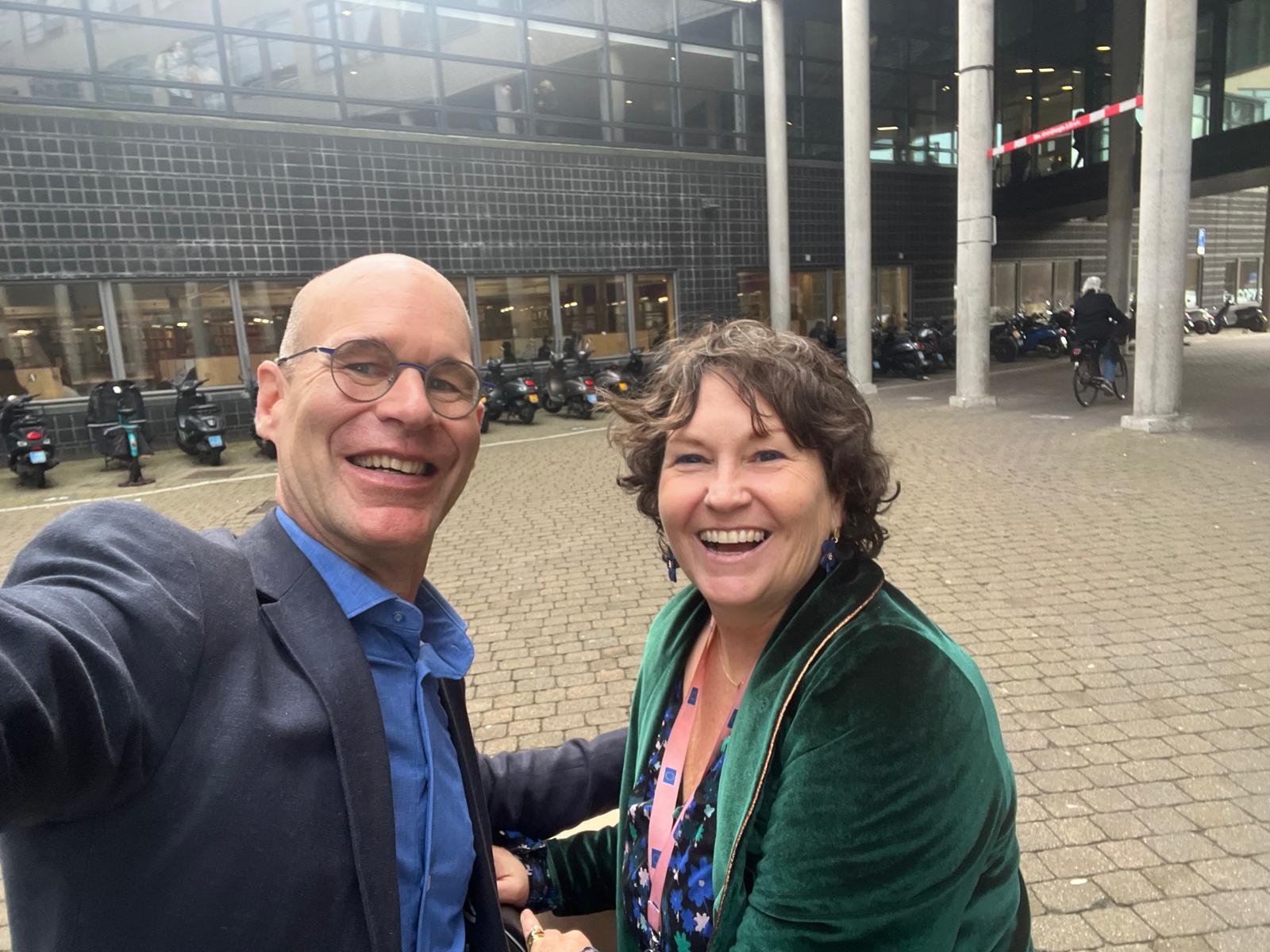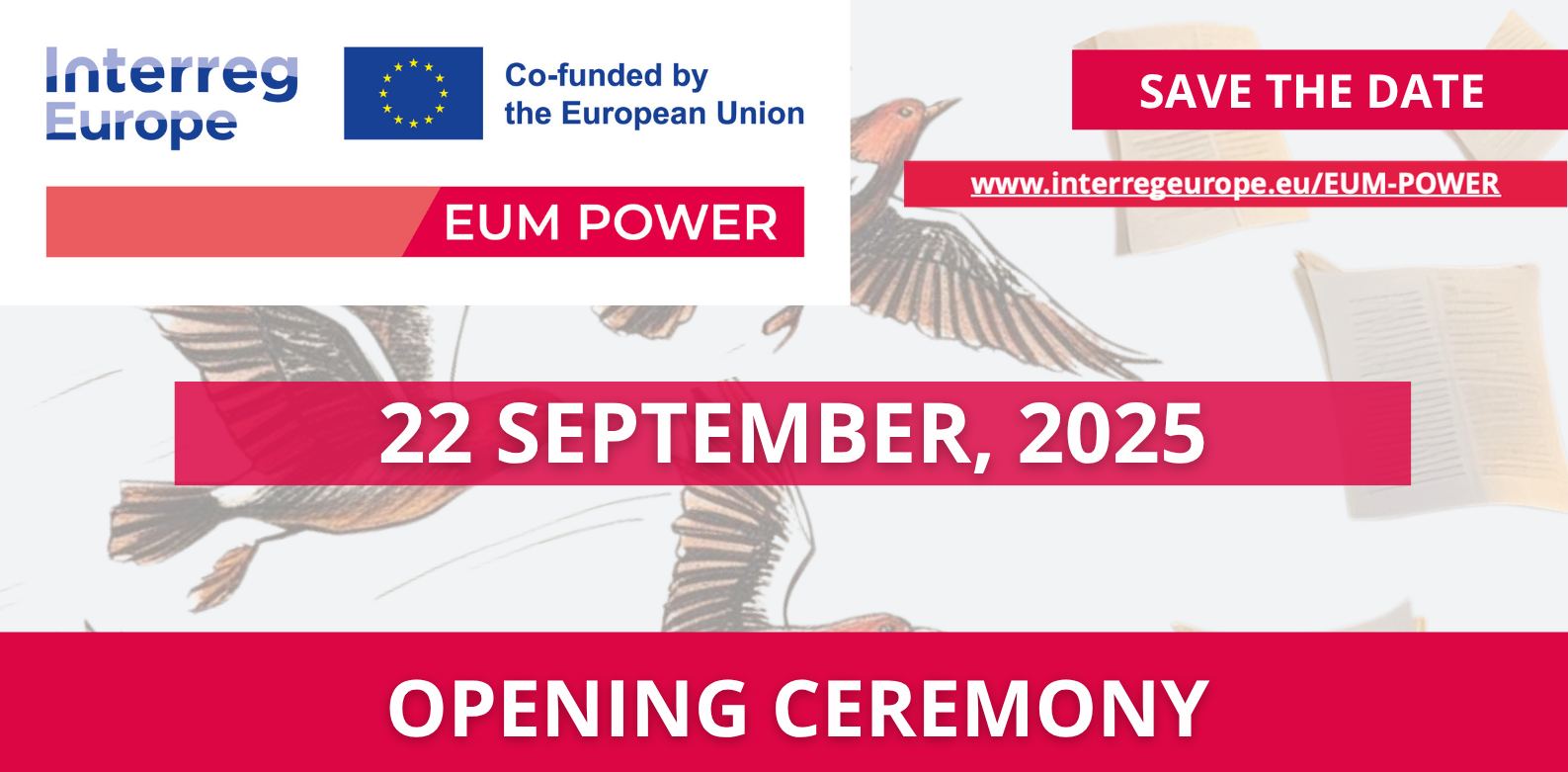For European Impact, ‘empowering communities’ – the central theme of the EWRC – means giving organisations and people the necessary tools to understand, connect and collaborate with the European Union. Because once you build this toolkit, you can have a lasting impact.
Our lecturer-researcher, Tibor Hargitai, spent this week in Brussels connecting with colleagues and listening to the challenges they face. Drawing on his experience in helping organisations become EU-ready, he gathered valuable insights. Here are his key takeaways from the EWRC that you might find useful for your own work with Europe:
Unlocking EU opportunities for cities
The majority of the legislation affecting regions and cities has been negotiated in the European Union (EU). But local and regional authorities do not always have the necessary EU skills and knowledge to anticipate these policies. Not only does this lead to a lack of influence early on, but it can also lead to missing out on funding that could ease these pressures. This is a common trend across Europe, with many smaller cities lacking the knowledge and skills to adequately capitalise on the EU opportunities available for them.
The challenge often lies in limited capacity. All municipalities, regardless of size, need to know when and how to invest time and energy into EU affairs. Without this insight, they risk becoming overwhelmed by EU regulations that need to be implemented, such as the Nature Restoration Law or the Digital Services Act. Another risk is missing out on funding opportunities that could alleviate these pressures.
At European Impact, we have experience with aligning research with the practical needs of organisations. For example, Tibor has researched how cities such as Budapest can can access EU funding more directly. He also managed a Community of Practice that explored ways for organisations to become EU-aware. You can find this and other projects on our website.
The value of networking for EU professionals
Building a continuous network with different people working in diverse fields is a skill that will benefit you throughout your career. Networking opportunities like those at the EWRC create chances for collaboration, internships, and new connections.
During the event, Tibor connected with professionals from diverse fields – representatives of subnational authorities, policy experts and other colleagues. These interactions often open doors to future collaborations, internships, and new opportunities. This is a skill relevant for both professionals and students alike.
If you are looking for an internship, municipalities are a good place to start. At the EWRC, Tibor spoke with different municipal representatives, and he believes both students and municipalities would benefit from collaboration. Students can also benefit from networking events in which European Impact is involved, such as The Hague Youth as Global Citizens or The Hague Humanity Hub.
Don't want to miss an activity organised by European Impact? Keep a close eye on our LinkedIn and Instagram.
How we can help
Tibor's week in Brussels culminated with a presentation in front of 230 local and regional ministers of East-Netherlands. He shared his expertise on how these professionals can support the Europeanisation of their local and regional governance. This presentation was just one example of how European Impact shares practical, research-based insights to strengthen communities in their approach to EU affairs.
Are you looking for guidance on EU policy, funding advice, or exploring collaborative networks within the EU? European Impact is here to support you. Visit our services page for more details on what we offer and how we can work together on EU-related challenges.






















































